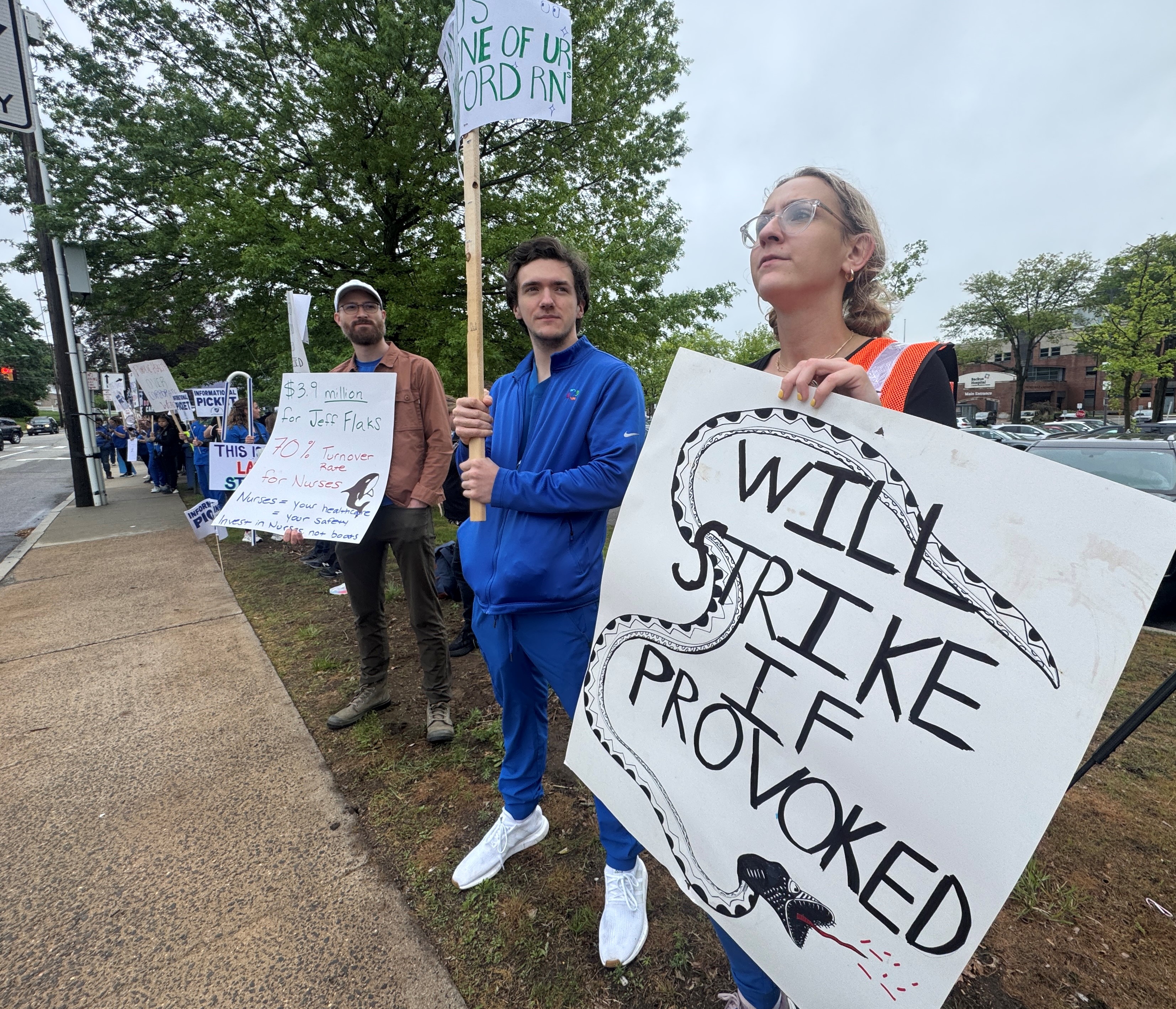Experts say Connecticut’s uptick in COVID-19 cases is likely due to small gatherings.
The daily positivity rate in Connecticut has hovered around the 3-4% range since March 22. It followed a capacity expansion for gyms, restaurants, amusement parks and more on March 19.
Experts say young people in small groups, and not the reopening expansion, may be to blame.
Stream Connecticut News for free, 24/7, wherever you are.
“(It's) small gatherings more likely than any kind of large gathering, or greater capacity being lifted,” said Karl Minges, chair of the Health Administration and Policy Department at the University of New Haven’s School of Health Sciences.
As those younger age groups get in line for vaccinations, people should continue to follow hand washing and masking protocols and take advantage of the weather.
Get top local Connecticut stories delivered to you every morning with the News Headlines newsletter.
“The weather’s getting nicer, people are able to be outdoors. If you’re going to go out with your friends, go outside if it’s a nice day. This whole week is going to be beautiful.”
Reopening has been strategic process by the state, and some say we’ll have to continue to watch the numbers to see if what role, if any, reopening has on the state’s infection rate.
Local
“I think businesses and other organizations are going to be a little careful,” said Frederick McKinney, Carlton Highsmith chair of Innovation and Entrepreneurship at Quinnipiac University.
He says the state and national economy are showing progress, but it will take time for a full return.
“I think we’re going to have to go through a process of getting back to normal. It’s not like turning a light switch on and off and everything is back to normal,” said McKinney.
Meanwhile, Minges says we’re about a month away from many in the last group getting vaccinated, so places that have reopened that attract young people could be a concern for any possible transmission.
“We need to keep in mind the public health practices in places like amusement parks and theaters where young adults are likely to go,” said Minges.
He expects the case rate to drop as it warms up, just as it did last summer. With vaccines in place this year, he says it could be below the 1% mark where it was last year.



